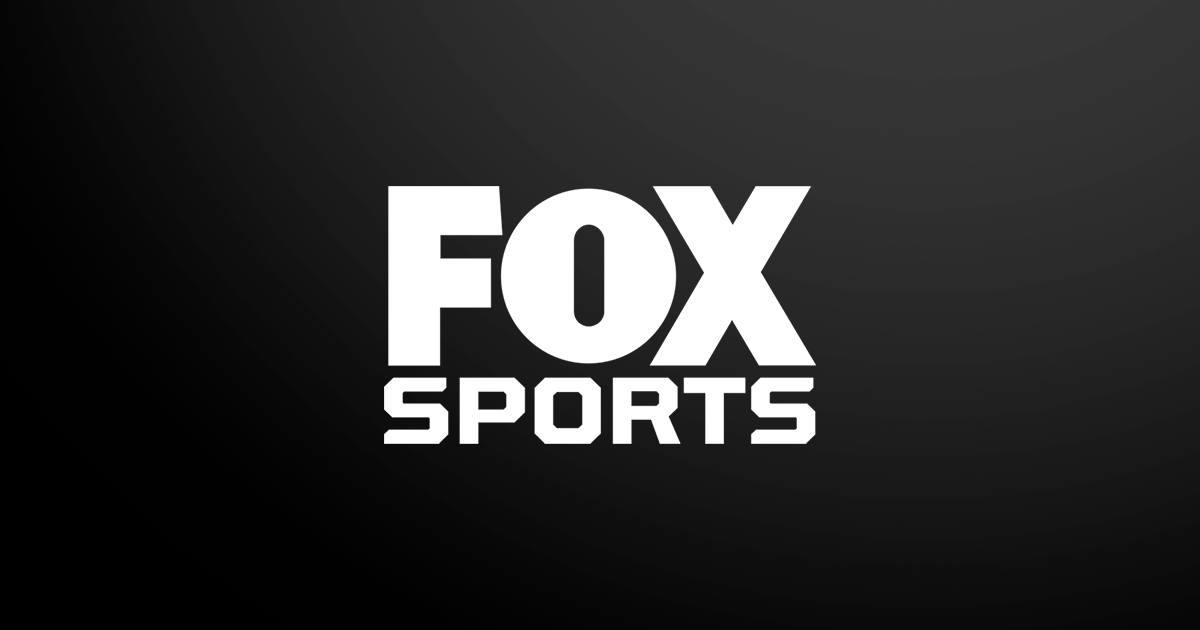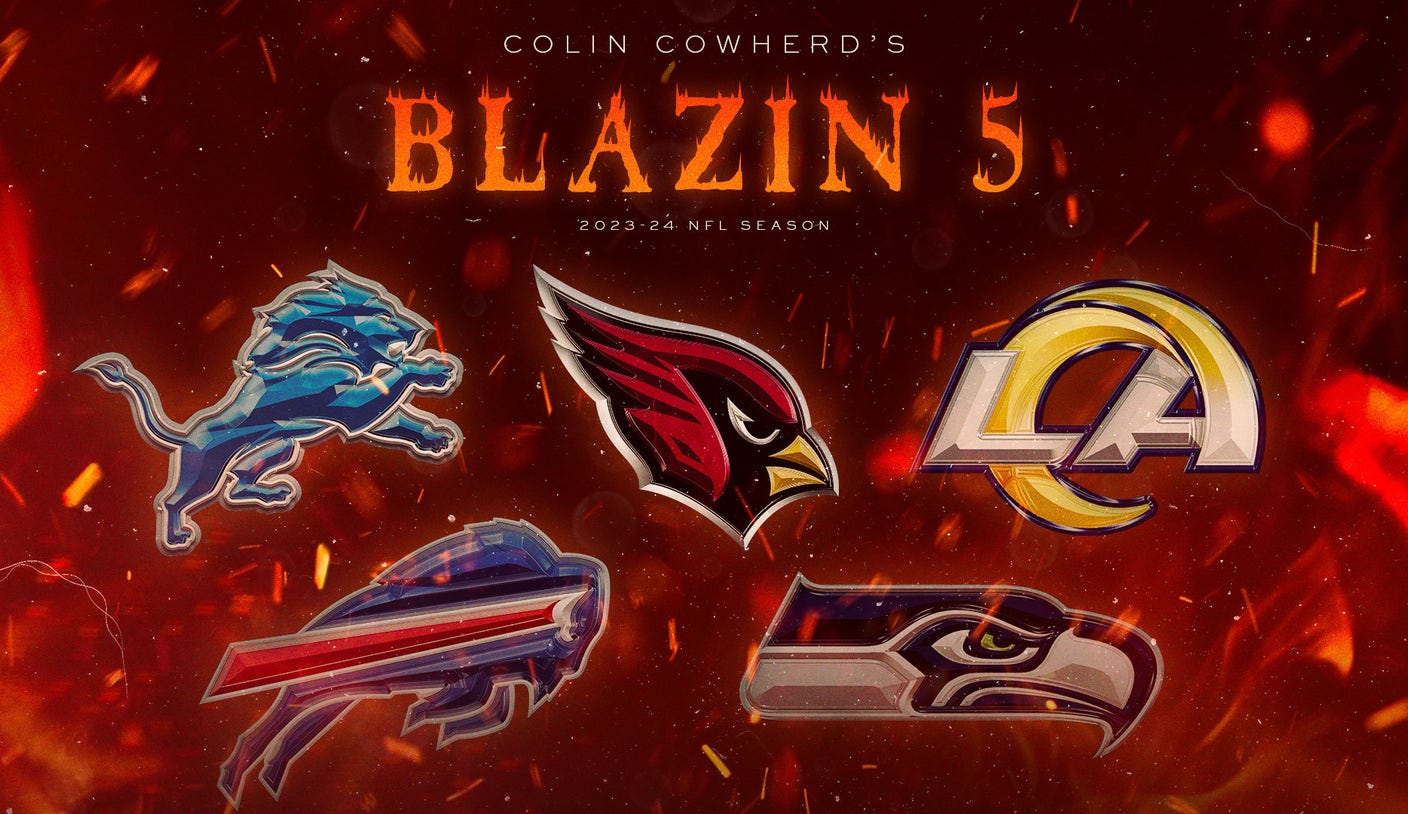
The same projections earmark over $200m in Louisianan operator revenue, alongside up to $30m in annual taxes.
Currently, Governor John Bel Edwards is expected to legalise retail and mobile sports betting across the state, putting it alongside the 21 other US states – plus Washington D.C – that already boast an active regulated sports wagering market.
Nine other states have approved sports betting and are preparing to launch in either 2021 or 2022.
Eric Ramsey, analyst for Catena’s PlayUSA.com network, said: “Louisiana should be able to outperform its relatively small population. In fact, as a market Louisiana shares many of the same attributes that have made New Jersey and Nevada sports betting meccas.
“The state has long been home to a thriving casino industry, New Orleans itself can draw tourists from all over the country, and Louisiana is not bordered by another state that offers both retail and online sports betting.”
Dustin Gouker, PlayUSA.com’s lead analyst, added: “The basic framework will be appealing for sportsbook operators, and that will help the state reach its potential.
“Even more, Louisiana set up a relatively open and competitive market, which benefits consumers while making the industry a reliable revenue producer for the state, for years to come.”
“In fact, as a market Louisiana shares many of the same attributes that have made New Jersey and Nevada sports betting meccas” – Eric Ramsey
The story so far
New Jersey has thus far led the way in terms of both regulated US sports betting handle and sports betting revenue – and that’s because it gave itself a bigger headstart than any of its neighbours, by reacting so soon after the overturning of PASPA in May 2018.
Just recently, for instance, the Garden State recorded $814.3m in sports betting handle for the month of May, with revenue also reaching $52.9m.
Pennsylvania is another big market that was a relatively fast mover. For its fiscal year to date, it has reported $5bn in handle.
Illinois, despite legalising sports betting later than Pennsylvania, is actually currently attracting the second-highest amount of legal wagers in the US.
In March, for instance, Illinois set a record of $633.6m in handle; this fell to $537.2m for April but maintained it as the only state outside New Jersey to have more than $500m wagered.
Nevada (which offered sports betting before PASPA was overturned), Colorado and Indiana are some of the other states of note when it comes to legal sports betting, although hopes remain high for Louisiana – especially based on these latest projections.
“A keen community of sharp bettors exists in the US that is often responsible for the movement of lines, and large portions of the overall cash flow”
Small margins – but plenty to gain
A key characteristic of the current US regulated market is that sports betting revenue is considerably smaller than the total amount wagered by players. The margins are smaller (and certainly far smaller than in table games or online casino) so despite the huge sums deposited by players, most of this money ends up leaking back out to those who wagered in the first place.
Additionally, a keen community of sharp bettors exists in the US that is often responsible for the movement of lines, and large portions of the overall cash flow, although many sportsbooks have a less-than-generous approach towards said ‘sharps.’
Nevertheless, as The Innovation Group President Michael Soll discussed in a recent issue of Gaming America magazine, there are numerous benefits to onboarding customers via sports betting.
Even if the margins can be small – DraftKings’ early financial reports were full of revenue growth but overall losses – sports wagering offers a unique opportunity to gain access to players, potentially cross-sell them other forms of gaming and entertainment, and really tap into that customer’s interests and spending patterns.
As also recently discussed by The Innovation Group on the GI Huddle, the influence of sports betting as a whole is such that it may even determine the wider future of the gaming industry; especially in the US, as media networks and the like become more and more intertwined with the vertical.



